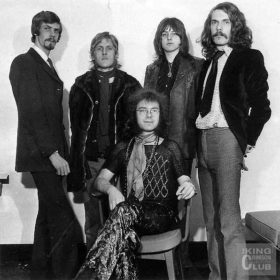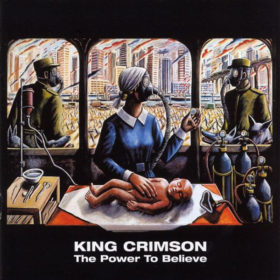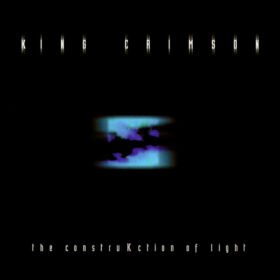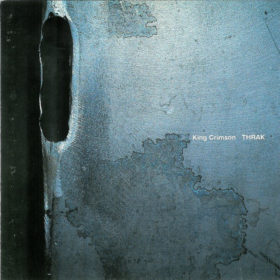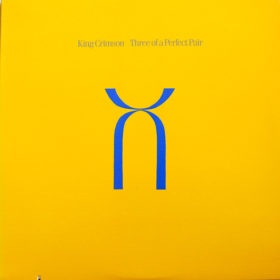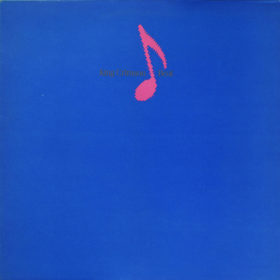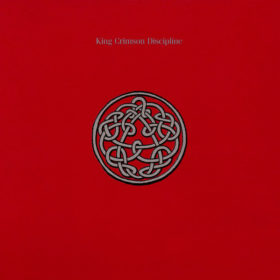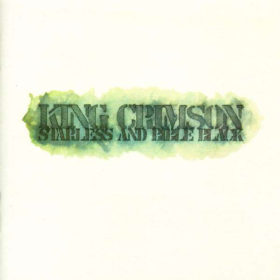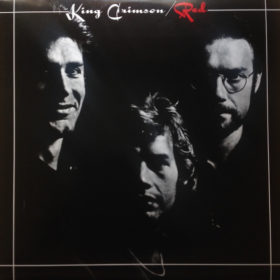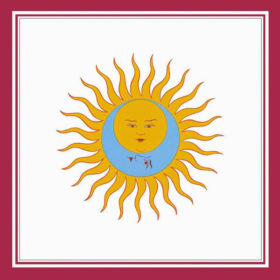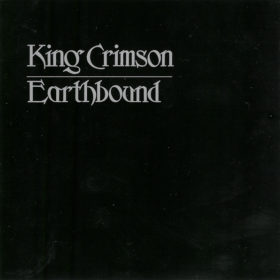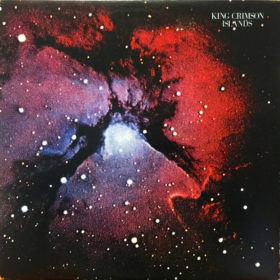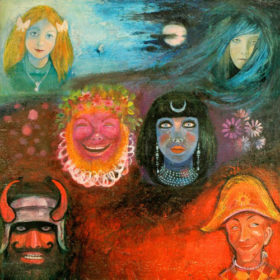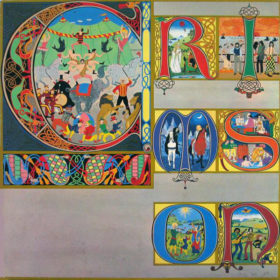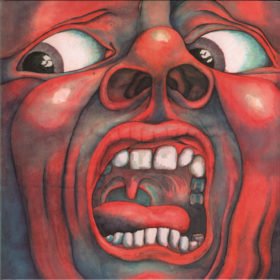King Crimson are an English progressive rock band formed in London in 1968. King Crimson have been influential both on the early 1970s progressive rock movement and numerous contemporary artists. The band has undergone numerous formations throughout...
Read more
Genres: International Rock, Progressive Rock
King Crimson are an English progressive rock band formed in London in 1968. King Crimson have been influential both on the early 1970s progressive rock movement and numerous contemporary artists. The band has undergone numerous formations throughout its history of which 22 musicians have been members; since October 2017 it has consisted of Robert Fripp, Jakko Jakszyk, Tony Levin, Mel Collins, Pat Mastelotto, Gavin Harrison, Jeremy Stacey and Bill Rieflin. Fripp is the only consistent member of the group and is considered the band’s leader and driving force. The band has earned a large cult following. They were ranked No. 87 on VH1’s 100 Greatest Artists of Hard Rock. Although considered to be a seminal progressive rock band (a genre characterised by extended instrumental sections and complex song structures), they have often distanced themselves from the genre: as well as influencing several generations of progressive and psychedelic rock bands, they have also been an influence on subsequent alternative metal, hardcore and experimental/noise musicians.
Developed from the unsuccessful psychedelic pop trio Giles, Giles and Fripp, the initial King Crimson were key to the formation of early progressive rock, strongly influencing and altering the music of contemporaries such as Yes and Genesis. Their debut album, In the Court of the Crimson King (1969), remains their most successful and influential release, with its elements of jazz, classical and experimental music. Their success increased following an opening act performance for the Rolling Stones at Hyde Park, London, in 1969. Following In the Wake of Poseidon (1970) and the less successful chamber jazz-inspired Lizard (1970), and Islands (1971), the group reformatted and changed their instrumentation (swapping out saxophone in favour of violin and unusual percussion) in order to develop their own take on European rock improvisation, reaching a new creative peak on Larks’ Tongues in Aspic (1973), Starless and Bible Black (1974) and Red (1974). Fripp disbanded the group in 1974.
In 1981, King Crimson reformed with another change in musical direction and instrumentation (incorporating, for the first time, a mixture of British and American personnel plus doubled guitar and influences taken from gamelan, post-punk and New York minimalism). This lasted for three years, resulting in the trio of albums Discipline (1981), Beat (1982) and Three of a Perfect Pair (1984). Following a decade-long hiatus, Fripp revived the group as an expanded “Double Trio” sextet in 1994, mingling its mid-‘70s and 1980s approaches with new creative options available via MIDI technology. This resulted in another three-year cycle of activity including the release of Thrak (1995). King Crimson reunited again in 2000 as a more alternative metal-oriented quartet (or “Double Duo”), releasing The Construkction of Light in 2000 and The Power to Believe in 2003: after further personnel shuffles, the band expanded to a double-drummer quintet for a 2008 tour celebrating their 40th anniversary.
Following another hiatus between 2009 and 2012, King Crimson reformed once again in 2013; this time as a septet (and, later, octet) with an unusual three-drumkit frontline and the return of saxophone/flute to the lineup for the first time since 1971. This current version of King Crimson has continued to tour and to release live albums, significantly rearranging and reinterpreting music from across the band’s entire previous career.
Since 1997, several musicians have pursued aspects of the band’s work and approaches through a series of related bands collectively referred to as ProjeKcts.
Genres: International Rock, Progressive Rock
